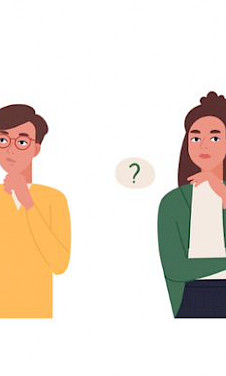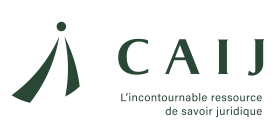
Pick Your Side!
Description
September 2023: 2 new debate topics. Check them out in the debate topics list at the end of this page.
Students take a position on issues that stimulate debate. They learn that the concept of justice evolves constantly and is shaped by the clash of ideas and changing societal values. Students then discuss why they chose one side over the other. The volunteer legal professional presents relevant legal information and encourages students to reflect on the issues raised.
Pedagogical objectives
- Increase students’ knowledge of the law
- Encourage reflection on the origins and fairness of certain laws
- Take a position and express an opinion on complex and possibly controversial topics
Subjects and subject-specific competencies
Culture and Citizenship in Québec - Secondary
The suggested level(s) for this tool varies according to the chosen debate topics.
Secondary I
Compulsory specific concepts, and related topics and examples: Public space and private space.
Secondary II
Compulsory specific concepts, and related topics and examples: Freedom of choice, intimate relationships during adolescence, non-consensual sharing of intimate images, human rights, freedom of expression, breaches and sanctions.
Secondary IV
Cultural realities and compulsory main concepts: Justice and the law - Injustice and Legal and judicial institutions.
Compulsory specific concepts, and related topics and examples: Caring and hostility online, Charter of Rights and Freedoms, criminal law, non-consensual sharing of intimate images, end-of-life rights.
Secondary V
Cultural realities and compulsory main concepts: Social groups and power relations - Social inequalities.
Compulsory specific concepts, and related topics and examples: Social inequalities.
- Competency 2: Reflects on ethical questions:
- Engages in dialogue:
- Takes into account points of view, feelings and experiences of others.
- Uses methods to support own ideas.
- Engages in dialogue:
Broad areas of learning
- Citizenship and Community Life:
- Promotion of the rules of social conduct and democratic institutions
- Adoption of a culture of peace
- Career Planning and Entrepreneurship:
- Familiarity with the world of work, social roles and occupations and trades.
Cross-curicular competencies
- Using information:
- Putting information to use
- Solving problems:
- Analyzing the components of a problem
- Exercising critical judgment:
- Forming and expressing an opinion while understanding the opinions of others
Related content
- Éducaloi article on the laws of Quebec and Canada
- Several articles and web guides in the Youth section of Éducaloi’s website on the various branches of the legal system and different legal careers



